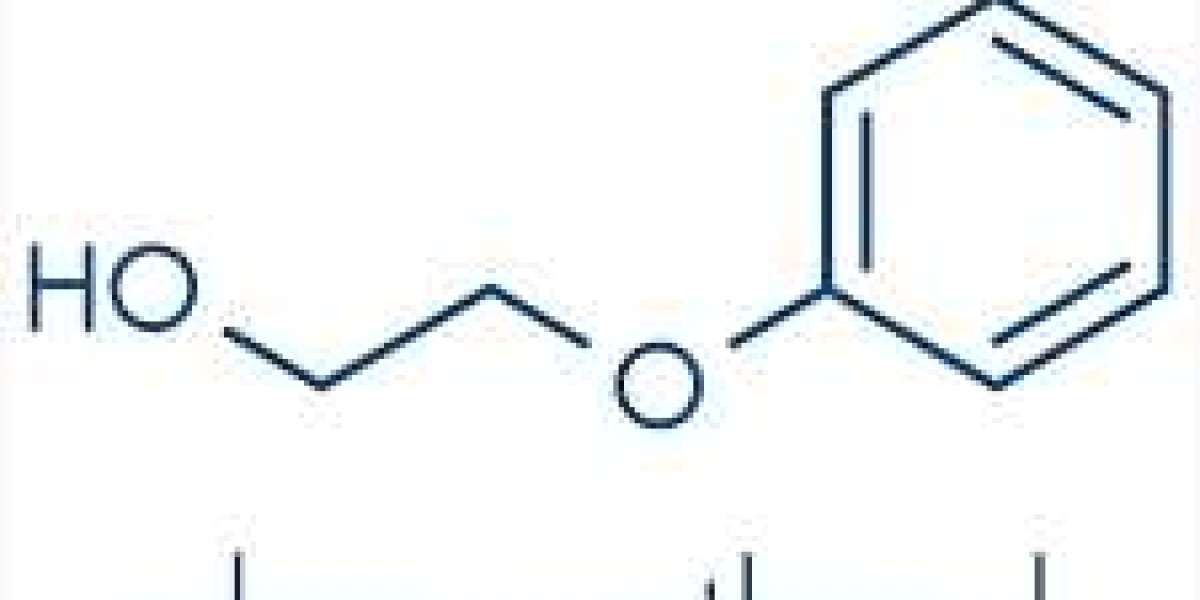When parabens were declared harmful to the skin, skincare manufacturers had to find an alternative preservative. Phenoxyethanol was one of the less-known preservatives with more significant benefits. This substance has since grown in popularity as a preservative for skincare products. Now that everyone is looking for paraben-free products, the big question people are asking is whether phenoxyethanol is safe or not. Here's more about this new preservative and its usage.
What is phenoxyethanol?
Phenoxyethanol is an ether alcohol that can be synthesized in a lab or derived naturally from green tea. It has properties that make it a perfect preservative, antimicrobial agent, and solvent. This colorless liquid can be found in cosmetics and skincare products like moisturizers, cleansers, creams, and serums.
Facts about phenoxyethanol
- Phenoxyethanol is used as a preservative for most high-end cosmetic products.
- This substance is used to prevent the growth of bacteria, stabilize products, and increase shelf-life.
- Cosmetic products with phenoxyethanol preservatives are safe for daily use.
- It can be used with other preservatives as an ingredient.
- People with allergies, eczema, and sensitive skin should not use phenoxyethanol.
Is phenoxyethanol safe?
Phenoxyethanol is only safe when used in 1% concentrations or less. This means that using skincare products with this substance is safe. This standard is also followed by the European Commission on Health and Food Safety.
Uses of phenoxyethanol
Besides being used as a preservative, it can be used in vaccines. Considering it is a naturally occurring substance, you will find it in moisturizers and eye creams. It can also be utilized as a stabilizer for other ingredients and textiles.
Phenoxyethanol is oily and sticky and smells nice. Like food, soaps, detergents, and cosmetic products also go bad. Phenoxyethanol can prevent the growth of bacteria and fungi on these products, thus prolonging their shelf lives. It also makes them safe to use.
Without proper preservation, any products you use on your skin could be contaminated and harmful. These may cause skin infection, irritation, or illness.
Some of the products with phenoxyethanol include;
- Sunscreen
- Shampoos
- Conditioners
- Eye shadow
- Foundation and concealer
- Hair dye
- Hand cream
- Blush
- Hair spray
- Lip gloss/balm
- Nail polish
- Moisturizer
Phenoxyethanol product labels
When looking for products with phenoxyethanol, you need to check for labels like;
- Rose ether
- Phe
- Aerosol
- Phenoxyethanol
- Beta-hydroxyethyl phenyl ether
- Phenoxyethanol alcohol
- Euxyl
- Ethylene glycol monophenyl ether
Benefits of phenoxyethanol
Safe for low concentration usage
Phenoxyethanol has been approved by several bodies making it one of the safest preservatives to use. These bodies include;
- Food drug administration (FDA)
- European economic community (EEC)
- Cosmetic Ingredient Review (CIR) Panel
Considering it does not irritate the skin, it is safe for use when in 1% or less concentrations.
- Prolongs the life of products
Any products using phenoxyethanol as a preservative will last longer. Most soaps, detergents, and cosmetic products come with expirations dates. Ensure you check the labels to see how long they will last before you.
Even though phenoxyethanol is considered safe, there are situations where the risks are more prominent. You should avoid these products if you are pregnant, breastfeeding, allergic, or using them on a child under age 3. The side effects are rarely witnessed in healthy adults without allergies.








